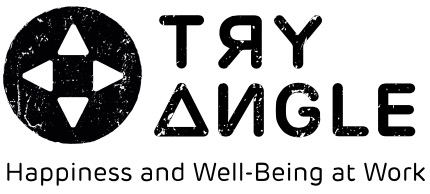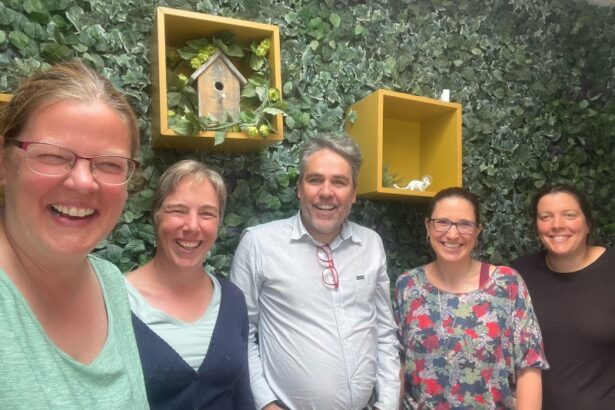Let’s start with a challenging question: Should we all start living and working differently? Our world has changed at such a rapid pace that both people and organisations are dealing with pressing needs and challenging questions. A growing number of employees are struggling with stress and burn-out issues. And we are probably not going to solve this problem with a ‘business as usual’ approach.
Flexible working
According to various sources (such as Acerta and Mercer), flexibility has become a priority and even a basic requirement for employees, even more important than financial compensation. Employees want the opportunity to develop their skills, maintain a good work-life balance and juggle flexible working hours and locations.
Technological advances and the home working revolution has definitely accelerated things, as we a multitude of people have since discovered the benefits of asynchronous work and home working. This not only allows employees to be more productive and focused, but also to lose less time in the commute. Moreover, it allows us to combine work more easily with (care) responsibilities, personal priorities and energy boosters (such as taking care of our physical health, mental health, time for relaxation and connecting with the VIPs in our lives).
In addition, consider the fact that a growing number of people want to combine multiple jobs(*), but also (life) roles and responsibilities, and you have a very pressing and challenging call for flexibility, with different (generations of) employees wanting to shape their ideal career and work/life blend based on different personal preferences and needs.
War for talent
Because of the challenges in the labour market as well as challenges related to an ageing population, companies looking to retain or attract talent have little choice but to shift from a “one size fits all” and “this is how we do it” approach to a “what works best for you?” approach. As a result, flexibility, as well as wellbeing and happiness at work, are increasingly becoming more important as ways to create a context in which employees are supported so they can do what they do do best, use their skills and talents and be more efficient and productive.
Finding meaning in life and work
While the idea of complete dedication to the job, knocking long hours, sacrificing everything for work because it is considered ambitious and successful may still be present in certain industries and regions, there has been an imprtant shift in recent decades. Meanwhile, we are under so much pressure that all parameters around workload, stress, burnout and absenteeism are now at an alarming level. Not surprisingly, this leads to more attention to physical as well as mental well-being at work, but also opened up a search for more meaning – at work but certainly also for life in general.
Of course, this also has an impact on how we want to organise work and how much we still want to work. Something that’s clearly visible in the attitutes of the youngest generations: Research shows that as many as 48% of young people in Belgium between 20 and 30 are no longer willing to work five days a week. Employers will have to take this into account to remain attractive to young talent and to keep their workforce diverse and motivated. This changing context of work is therefore the perfect setting for the a concept such at the four-day work week.
The four day work week
The four-day work week – (the real four-day work week, specifically performing 32 hours on 4 days in exchange for a full 5-day wage) – fits perfectly with this exciting new view of the future and how we want to define “progress”: A shift from a quantitative to a more qualitative interpretation.
In other words, how can we work more sustainably, inclusively and meaningfully instead of fueling an economy with a single focus on more, faster and better? Working four days and being (at least) as productive, but with less stress, more job satisfaction, more fulfillment and, above all, more time to simply ‘live’ fits in perfectly with these kinds of questions.
You can discover more about the exact advantages of the four-day working week – as well as the difference between the ‘international’ concept versus the approach in the Belgian labour deal – in this article. But for certain, the results of the various global pilot projects are downright promising!
Clearly, we are going to have to do things differently, and in our view, that means applying more outside-the-box thinking. And to be clear, not “outside but pressed right up against the box”, because this is not going to be able to help us sufficiently in this VUCA (Volatility, Uncertainty, Complexity, and Ambiguity) or BANI (Brittle, Anxious, Nonlinear, and Incomprehensible) reality.





